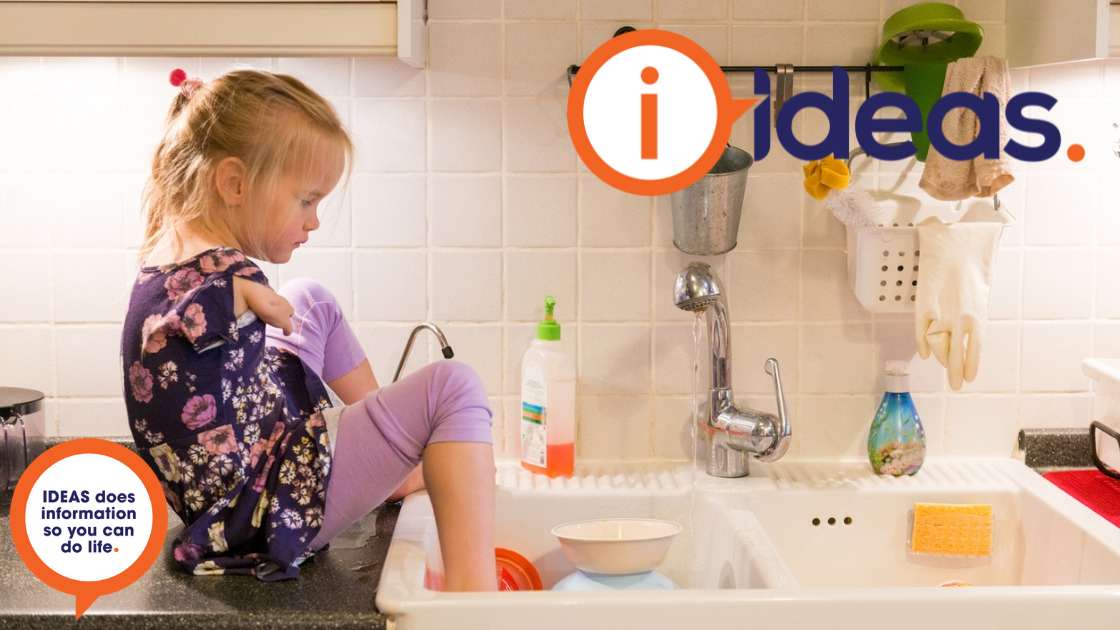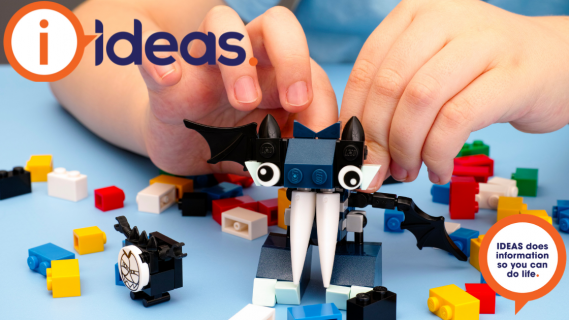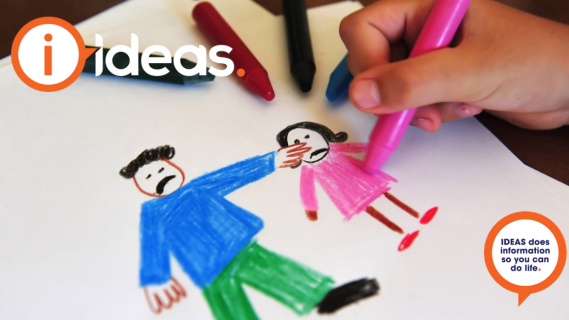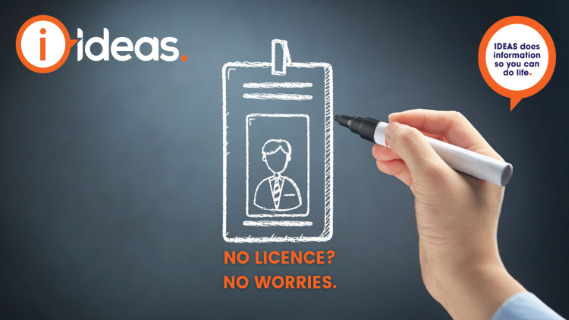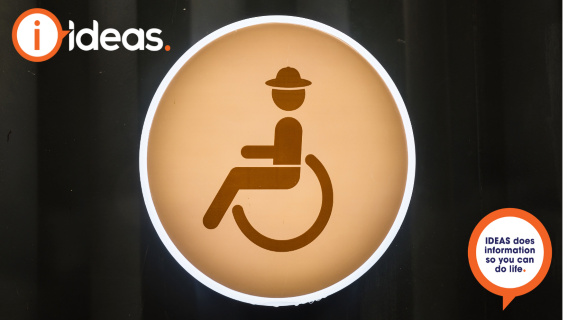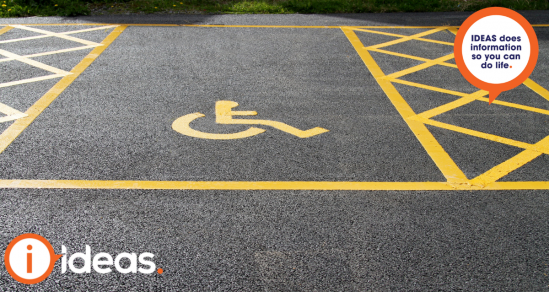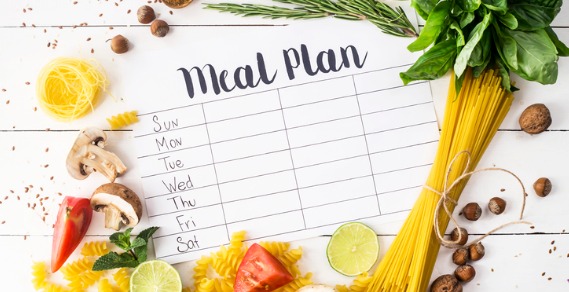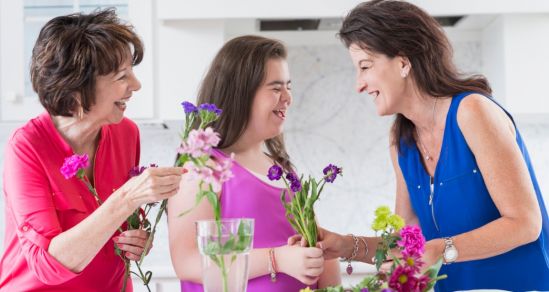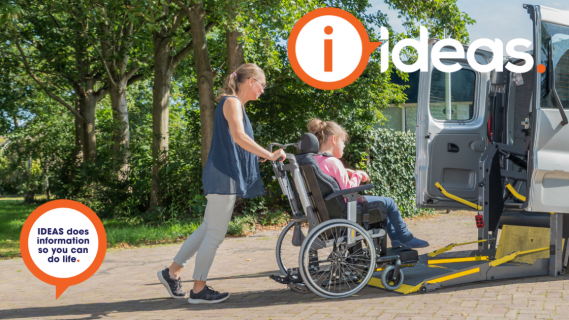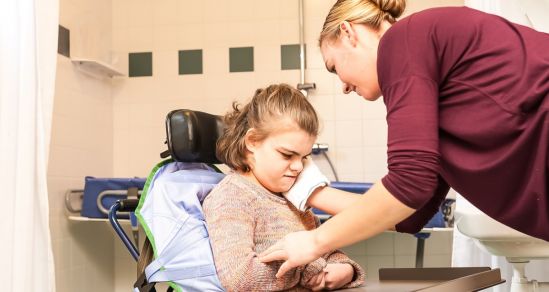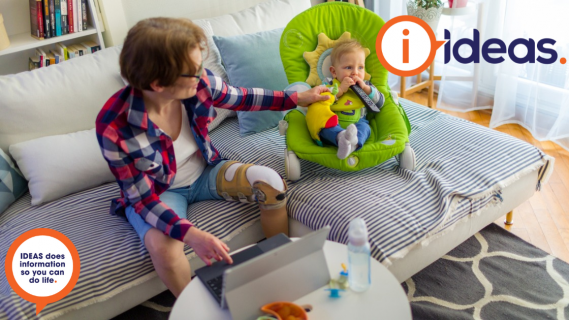Learning to help with chores is part of being a family, starting the journey to independence, and learning life skills. Chores develop discipline, teach hygiene, and children grow through responsibility. We talk about tips to help, some resources with insight and also an approximate-age-based list of chores to consider.
Children with disability can contribute positively to the family unit learn the value of chores too. Often parents wonder where to start on this journey and how to make chores part of daily life.
A key element to consider is to assign chores to age and ability appropriateness.
Each child is different.
Consider focus, sensory needs, coordination, strength, concentration, general maturity, height (they can’t do it if they can’t reach) and mobility.
Children need to grow into jobs, and chores that are beyond their ability can be dangerous and will only cause frustration.
Tips to help children learn about chores.
Start young.
Start with age and skill-appropriate chores, so they learn that chores are a part of life and are less resistant to do them when they are older.
Lead by Example.
When doing chores, have a positive mindset and do the job completely – children will see this and learn your expectations.
Be clear with instructions.
Provide specific, understandable steps to complete each chore, and demonstrate how you would like it done. Be patient.
Use Visual Tips.
Schedules, checklists, mini job descriptions, try it and see what works best, consult with the kids on how they might like it displayed and give them ownership.
In a place where they can be seen daily. Visual cues and reminders can be great memory joggers.
There are plenty of printable templates for you to download, search for terms like “chore chart”, “chore checklist”, “visual chore chart”, “daily routine chart”, or “chores list”, “chores for kids list”, or “printable chore chart”.
You can also make your own through a program like Canva, or even word.
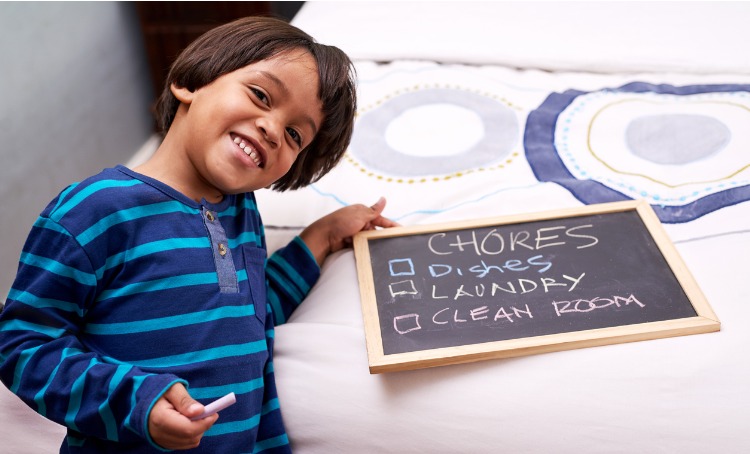
Stick to a routine.
Consistency helps build good habits.
Tackle it with Teamwork.
Working together makes hard tasks seem easier.
This applies to all ages if the task is new, difficult or a big job. And teamwork is a great starting point with younger children or toddlers, for example, working together to pack away toys, showing them how and helping them along the way.
Reward work well done.
Acknowledge positive attitudes and efforts.
Verbal affirmation, allowances, prizes, choosing a favourite meal, or special family time.
Trade chores.
Rotating chores when possible allows variety and encourages all the family to learn each job.
Keep it fun.
Games or contests are one way to make it fun.
Put on favourite housework tunes and sing along.
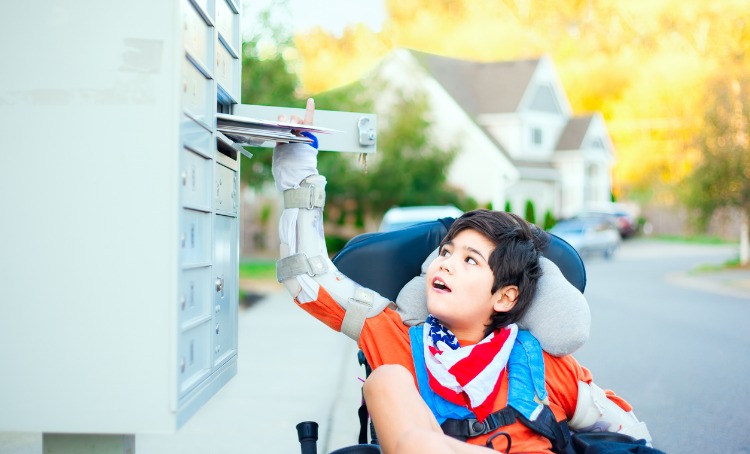
Chores by approximate age.
2 – 3-year-old
Put toys in toy boxPut books in bookshelfPlace dirty clothes in hamperPlace rubbish in bins4 – 6-year-old
Sort laundryDustMake the bed Set the table Pick up toysFeed petsWipe floors (spills)Water houseplants6 – 10-year-olds
Fold clothesVacuumChange bed linens Clean BathroomEmpty dishwasher Prepare lunch Groom PetsPlan and plant a garden Water plants Pull weedsUnpack the dishwasher Take out garbage and bring bins in Collect mailDry mop floors10 – 13-year-olds
Wash, dry and fold clothes Mow lawnRakeWash and Dry dishesWash and vacuum the car ( A Teamwork Task)Plan and Prepare mealsClean refrigerator Make simple meals13 – High School
Wash windowsPaintClean oven Wash wallsTrim hedges Wash, and Wax floors Run errandsMeal Plan or make full meals(Wet) Mop floors 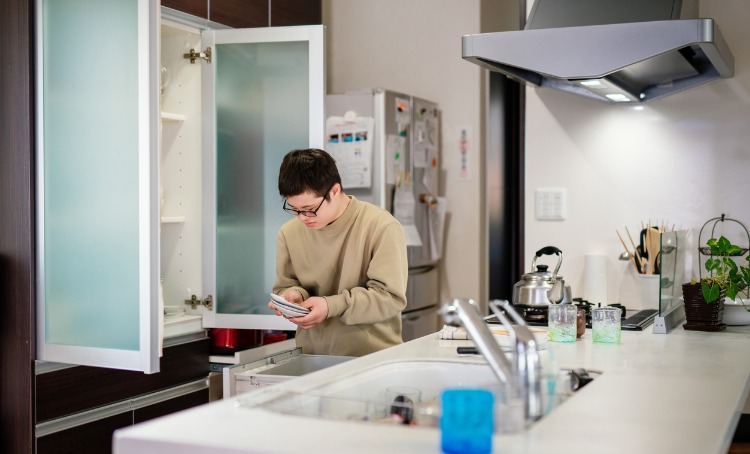
Useful resources
I remember attending a Maggie Dent talk years ago. Maggie is a parenting author and educator and advocates for the healthy, common-sense raising of children to strengthen families and communities. In her talk, many things stood out, I will always remember her talking about "spills". At the time, with my toddler, I'd just clean up spills, I am a neat freak by the way. I hadn't thought he had the capacity at that time, and I'd end up doing it after him anyway. From Maggie's talk, I learnt to look at this with a new approach, and she asked us to ask our children, "Do you want a mop or a sponge?". Sure, I would possibly have to finish it afterwards, but this one sentence changed how I approached teaching my child to clean. Firstly by making him think about how he would clean and guiding him on what to use for each situation.
Maggie also has a podcast tackling How to get your kids to do chores. A blog on Life skills and their importance. In the blog Helping our children become their best selves, points 7 and 8 about resilience and practice stand true for chores.

